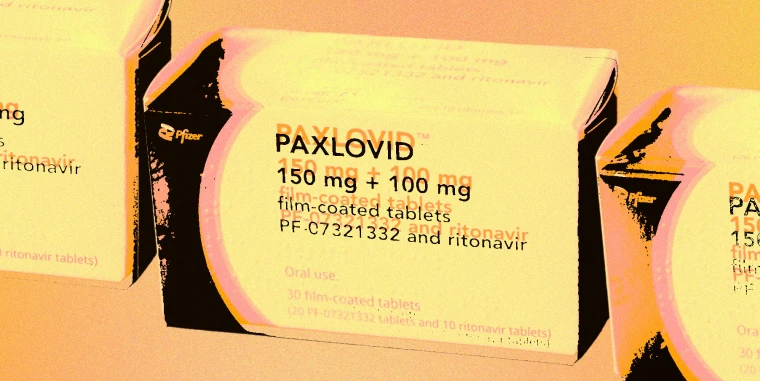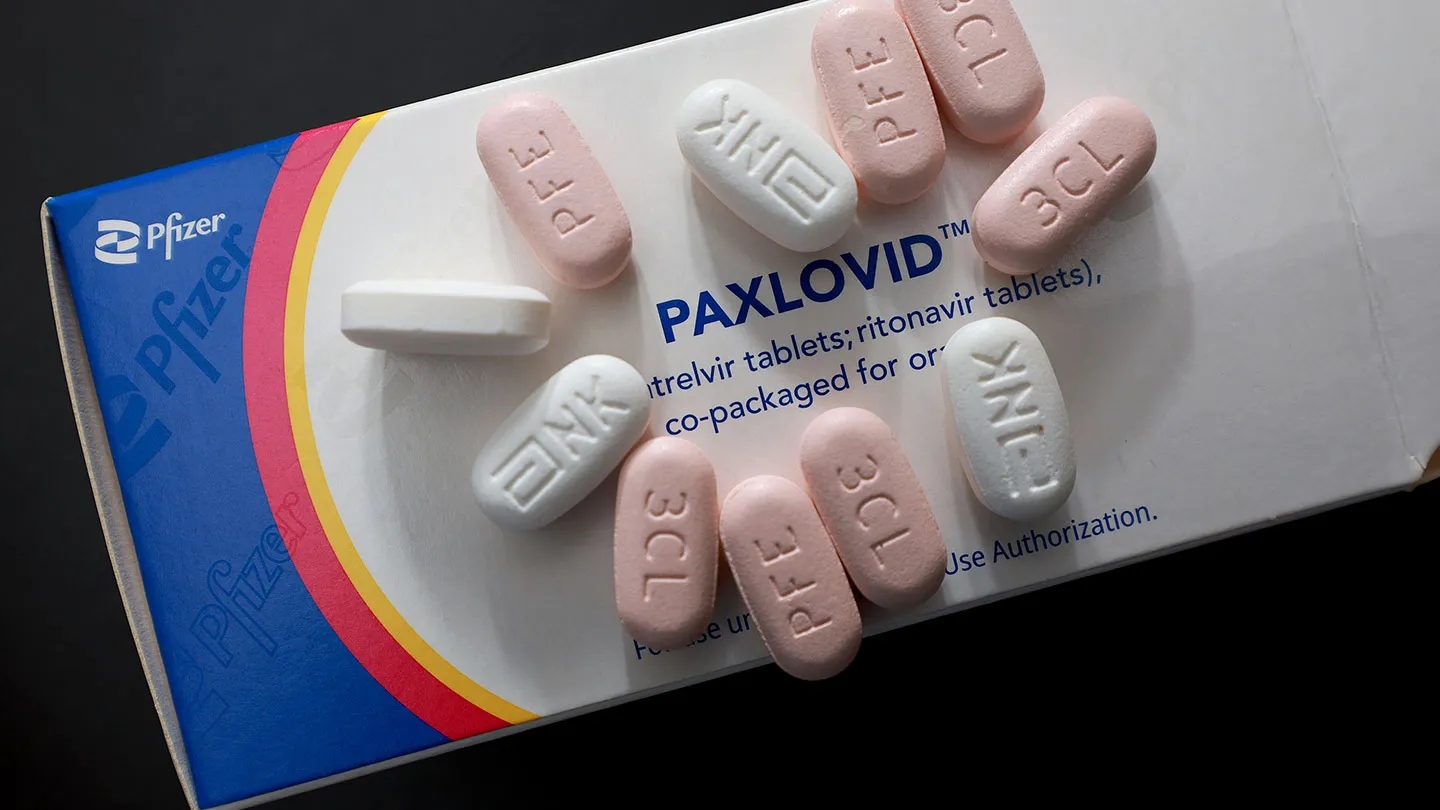As the immediate threat of the COVID-19 pandemic has receded, a more intricate challenge has emerged – Long COVID. Affecting as many as 18 million Americans, this condition manifests as persistent symptoms following an acute infection, ranging from mild to debilitating. Symptoms commonly include brain fog, fatigue, and shortness of breath. The medical community faces numerous unknowns regarding testing, treatment, and prevention strategies.
One contender in the fight against long-term COVID complications is Paxlovid, a Pfizer-produced antiviral drug approved for use in the United States. Initially hailed as a potential preventive measure against serious complications, recent studies have ignited a debate on its efficacy.
Last spring, research from the Veterans Affairs system suggested that Paxlovid could moderately reduce the risk of long COVID if administered during the acute infection. Dr. Ziyad Al-Aly led a study indicating a 26% lower risk of developing long COVID over a 6-month period. However, discordant results from the University of California–San Francisco (UCSF) paint a different picture.

According to UCSF’s study published in the Journal of Medical Virology, Paxlovid not only fails to prevent long COVID but may lead to more rebounding infections. The study, based on survey results, reported that about 16% of participants who took Paxlovid experienced long COVID, compared to 14% in the control group.
Dr. Matthew Durstenfeld, lead author of the UCSF study, emphasized the importance of cautious interpretation, noting that the study only considered individuals experiencing their first COVID-19 infection. He expressed surprise at the findings, as Paxlovid’s antiviral properties theoretically should reduce the risk of long COVID by suppressing viral replication.
Dr. Al-Aly suggested that the variance in findings might be attributed to respondent bias and reliance on self-reported long COVID. Only a third of study participants responded to the long-COVID survey, leading to potential skewing of results.
As debates unfold, experts highlight the need for clinical trials focused on long COVID. Researchers from various institutions have called on US lawmakers to fund such trials. Dr. Tiffany Walker, an internist at Emory University, testified about the importance of trials in understanding the discrepancies in Paxlovid’s effectiveness.
Despite conflicting results, some clinicians, including Dr. Robby Sikka, recommend Paxlovid for eligible COVID-19 patients. Dr. Sikka has treated 900 patients with a 10-day course of Paxlovid, claiming no recorded long COVID cases in that group. While promising, such practices await validation through rigorous clinical trials.
The controversy surrounding Paxlovid underscores the urgency of further research and clinical trials. As the world strives to comprehend and combat Long COVID, resolving the debate on Paxlovid’s role becomes pivotal in developing effective preventive strategies.
